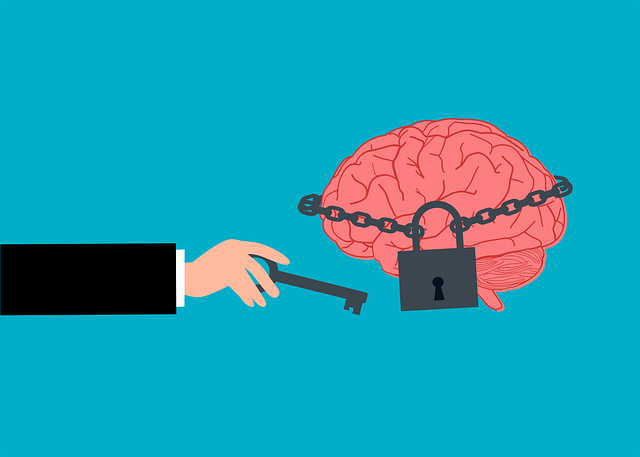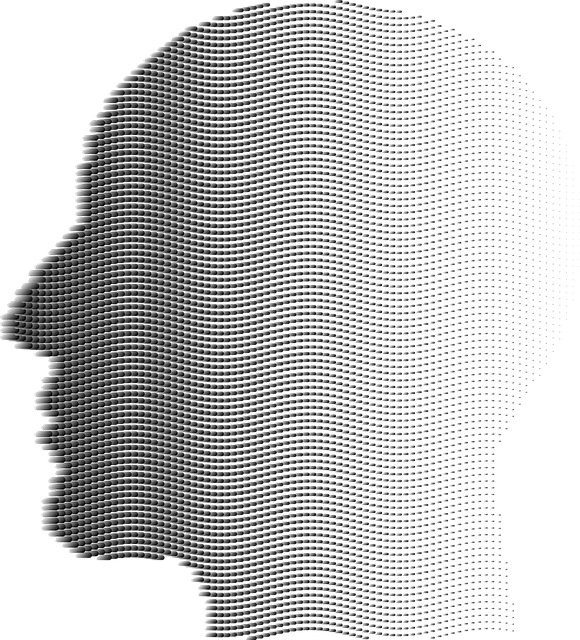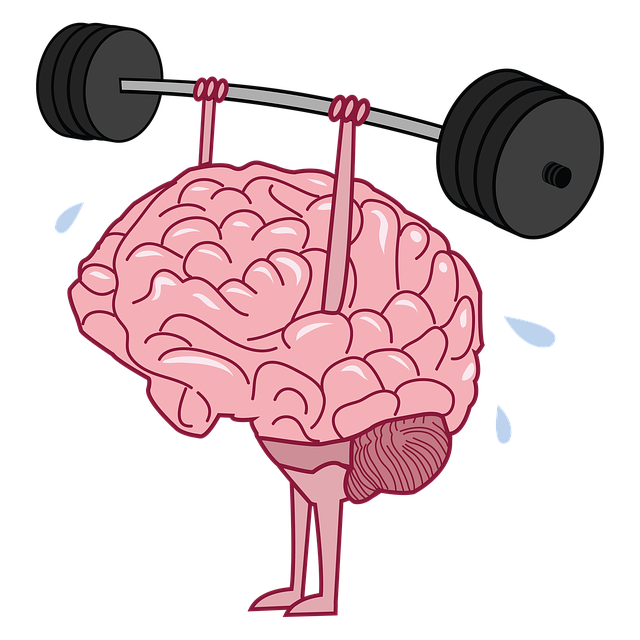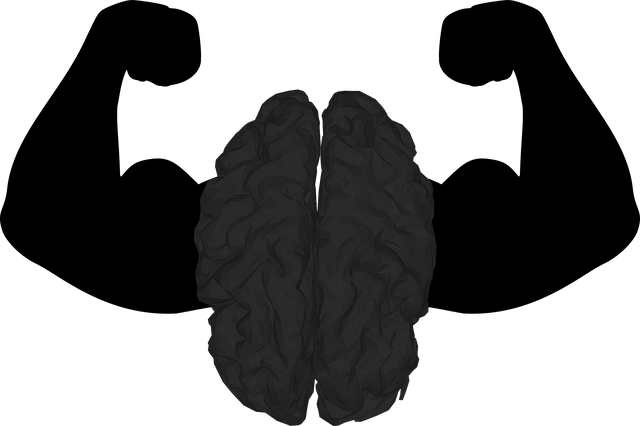Dissociative Disorder, marked by identity issues, memory gaps, and detachment from reality, often goes undiagnosed. Mental health data analysis, using techniques like machine learning and natural language processing, revolutionizes diagnosis and treatment. Advanced analytics help identify patterns, triggers, and coping strategies, leading to personalized therapy plans that address root causes. This approach, while raising ethical concerns, offers tailored support for patients with Dissociative Disorder, enhancing treatment outcomes through innovative combinations of data analysis and therapeutic methods.
Mental health data analysis is transforming the way we understand and treat complex conditions, with dissociative disorder being no exception. This article delves into the intricate world of diagnosing and managing this often-misunderstood condition, highlighting the pivotal role that data plays.
We explore symptoms, challenges, and the power of advanced analytical techniques to uncover hidden patterns indicative of dissociative disorders. By interpreting these results, mental health professionals can tailor personalized therapy strategies, ultimately enhancing patient outcomes in treatment for dissociative disorder.
- Understanding Dissociative Disorder: Symptoms and Challenges
- The Role of Data in Diagnosing and Monitoring Dissociative Disorders
- Advanced Analytical Techniques for Uncovering Hidden Patterns
- Interpreting Results: Insights for Personalized Therapy Strategies
- Ethical Considerations and Future Directions in Mental Health Data Analysis
Understanding Dissociative Disorder: Symptoms and Challenges

Dissociative Disorder is a complex mental health condition that often goes unnoticed due to its unique presentation. Individuals experiencing this disorder may exhibit symptoms such as a distorted sense of identity, memory gaps, and detachment from reality. They might feel like they’re observing themselves from outside their bodies or experience periods of amnesia, where they cannot recall important personal information. These symptoms can significantly impact daily functioning and overall mental wellness.
Diagnosing Dissociative Disorder requires thorough evaluation by qualified mental health professionals. While traditional therapy techniques may be effective, specialized approaches are often needed. The Mental Wellness Podcast Series Production can play a crucial role in raising awareness about this disorder and offering insights into innovative treatment methods. Through self-awareness exercises and stress reduction methods, individuals with Dissociative Disorder can learn to manage their symptoms and improve their mental health outcomes. Accessing appropriate therapy, whether through traditional or alternative means, is essential for those navigating this challenging condition.
The Role of Data in Diagnosing and Monitoring Dissociative Disorders

Mental health data analysis plays a pivotal role in diagnosing and monitoring dissociative disorders, conditions marked by disruptions in consciousness, memory, and identity. By analyzing trends and patterns within patient records, mental health professionals can gain crucial insights into the nature and severity of these disorders. This approach enables more accurate diagnoses, personalized treatment plans, and effective therapy for dissociative disorder. Advanced data analytics tools can uncover connections between symptoms, triggers, and coping mechanisms, facilitating tailored interventions.
Moreover, continuous monitoring through data allows for early detection of relapses or changes in a patient’s condition, enabling prompt adjustments to their self-care routine development for better mental health. Public awareness campaigns development around dissociative disorders can also benefit from data analysis, providing insights into the prevalence and impact of these conditions on affected individuals. Integrating these findings into mood management strategies further supports comprehensive care, ultimately enhancing outcomes in therapy for dissociative disorder.
Advanced Analytical Techniques for Uncovering Hidden Patterns

In the realm of mental health data analysis, advanced analytical techniques are transforming the way we understand complex conditions like dissociative disorders. By employing sophisticated methods ranging from machine learning algorithms to natural language processing, researchers can uncover hidden patterns and insights that were previously imperceptible. These innovative tools enable a more nuanced examination of patient records, therapy outcomes, and communication strategies, paving the way for personalized treatment plans and improved mental health policy analysis and advocacy.
For instance, advanced analytics can help identify specific communication strategies within therapeutic settings that are most effective in treating dissociative disorder symptoms. By analyzing textual data from therapy sessions, researchers may discover unique conversational patterns or emotional intelligence cues that contribute to positive patient outcomes. This knowledge can inform clinical practice, leading to more targeted and efficient interventions. Such insights have the potential to revolutionize mental health care, ensuring that patients receive tailored support based on evidence-driven methodologies.
Interpreting Results: Insights for Personalized Therapy Strategies

When analyzing mental health data, particularly for conditions like dissociative disorders, interpreting the results is a delicate process that offers valuable insights into tailoring therapy strategies. Each individual’s journey with dissociation is unique, and data analysis allows professionals to uncover specific patterns and triggers. By delving into the numbers, therapists can identify key areas of focus, such as trauma-related memories, identity fragmentation, or coping mechanisms like avoidance behaviors.
These findings guide the development of personalized treatment plans, ensuring that therapy for dissociative disorder addresses the root causes effectively. For instance, data might reveal a strong correlation between certain stressors and dissociative episodes, prompting therapists to integrate stress management techniques into the patient’s routine. Additionally, self-awareness exercises and activities promoting self-esteem improvement can be tailored based on the analysis, fostering a more profound sense of connection with oneself and one’s experiences.
Ethical Considerations and Future Directions in Mental Health Data Analysis

Mental health data analysis faces complex ethical considerations as it navigates sensitive information. Ensuring confidentiality and informed consent are paramount, especially when dealing with personal narratives around conditions like dissociative disorders. As technology advances, AI-driven tools offer promising avenues for early detection and tailored interventions, but they must be rigorously tested to avoid bias and ensure fairness.
Looking ahead, integrating data analysis with therapeutic approaches such as therapy for dissociative disorder, stress management workshops, burnout prevention strategies, and social skills training holds potential. Future research should explore how these combined methods can improve treatment outcomes, personalized care, and overall well-being while adhering to stringent ethical standards.
Mental health data analysis plays a pivotal role in enhancing our understanding and treatment of complex disorders like dissociative disorder. By leveraging advanced analytical techniques, we can uncover hidden patterns and insights that guide personalized therapy strategies. The ethical considerations highlighted here are crucial for ensuring responsible and effective use of this powerful tool. As research progresses, mental health data analysis holds great promise to revolutionize Therapy for Dissociative Disorder, improving patient outcomes and quality of life.












